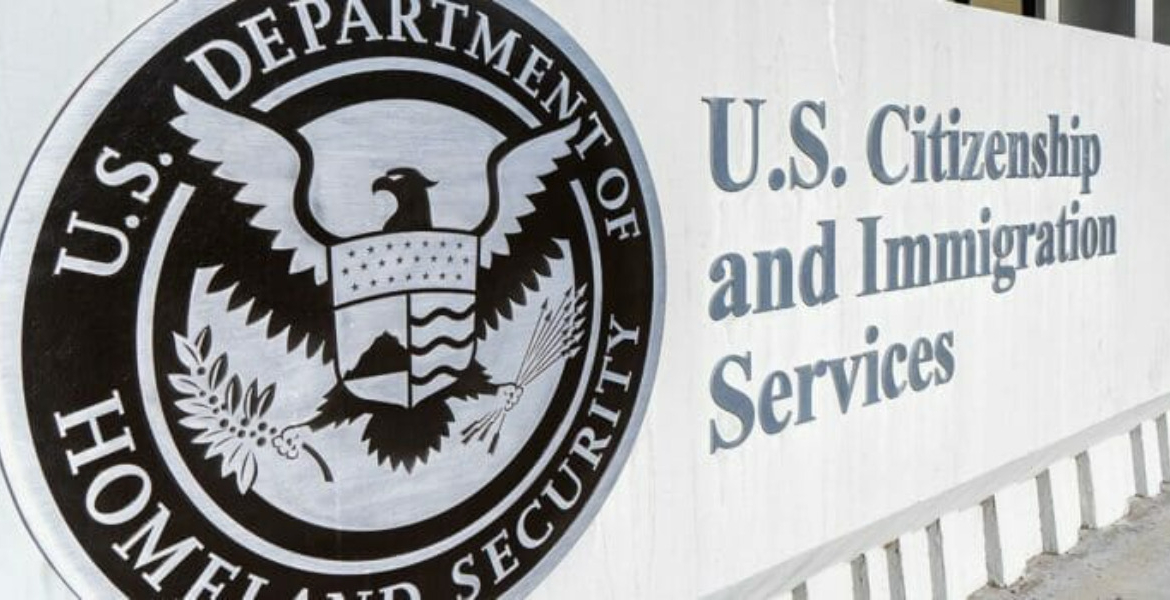USCIS Implements New Registration Rule for Undocumented Immigrants

The US Citizenship and Immigration Services (USCIS) has launched a new regulation requiring certain immigrants residing in the US without formal immigration records to formally register with the government, effective April 11.
This mandate aims to create a comprehensive database of individuals who have not previously had official contact with immigration authorities, including undocumented individuals and dependents. While many immigrants are already registered through existing processes, this rule targets those who entered the US without inspection or documentation, such as Canadian visitors who crossed the land border without formal recording, individuals under Deferred Action or Temporary Protected Status (TPS) who have never received official registration documents, and children who have lived in the country for an extended period without formal acknowledgment by immigration authorities.
Historically, US immigration law has mandated that non-citizens register with the federal government, but enforcement has been inconsistent. The new regulation follows an executive order directing federal agencies to strengthen national security measures by compiling a robust registry of all individuals lacking formal immigration records. Federal officials emphasise that the registry’s primary purpose is compliance and identification, and it does not grant immigration benefits, authorise employment, or offer protection from deportation.
The policy signifies a shift in federal immigration policy, emphasising compliance and identification rather than direct immigration benefits. For affected individuals, the requirement demands that they proactively register to avoid potential legal consequences. Employers should be aware of the potential implications for their workforce, especially in industries employing individuals under various immigration statuses. Individuals holding green cards, visas, Form I-94 arrival records, Employment Authorisation Documents (EAD), or Border Crossing Cards do not need to take further action.
Even those who previously applied for lawful permanent residency, regardless of whether their applications were denied, are deemed registered under the new framework. This initiative is designed to enhance governmental oversight and facilitate more accurate demographic tracking. The registry’s primary purpose is compliance and identification, and it does not grant any immigration benefits, authorise employment, or offer protection from deportation.
While the policy does not impose direct obligations on employers, it could indirectly affect businesses that employ immigrants. Human resources (HR) teams should be prepared to support affected employees, particularly those unaware of their registration requirements. Employers should encourage employees with humanitarian statuses, such as Deferred Action for Childhood Arrivals (DACA) or TPS, to verify whether they fall under the new mandate. International employees who arrived in the US through unconventional immigration pathways should be urged to consult legal professionals to confirm their status.
Organisations have a critical role in ensuring employees feel informed and supported during this transition. While companies are not required to provide legal guidance, they can facilitate access to immigration attorneys or Department of Justice-accredited representatives. Parents or guardians must register any immigrant child under the age of 14 if they have resided in the US for more than 30 days. Upon turning 14, these children must independently register within 30 days of their birthday, even if they were previously recorded as minors.
Businesses should consider granting flexibility in work schedules to accommodate employees who may need to attend biometric appointments or assist family members with registration procedures. Offering paid time off or adjusted schedules can help ensure compliance while reducing workplace stress. Employers must tread carefully when addressing this issue, avoiding collecting employees’ personal immigration information or offering legal advice. Instead, they can direct affected individuals to local nonprofits, immigration clinics, or legal aid services specialising in immigration cases.
Documentation plays a crucial role in verifying legal status for those required to register. Individuals with a visa stamp, Form I-94, EAD, or Border Crossing Card are likely already documented in the government’s system. However, those without any of these forms must take immediate action to comply with the new rule. Employers should remain vigilant and proactive in supporting their employees through this transition.

















Add new comment